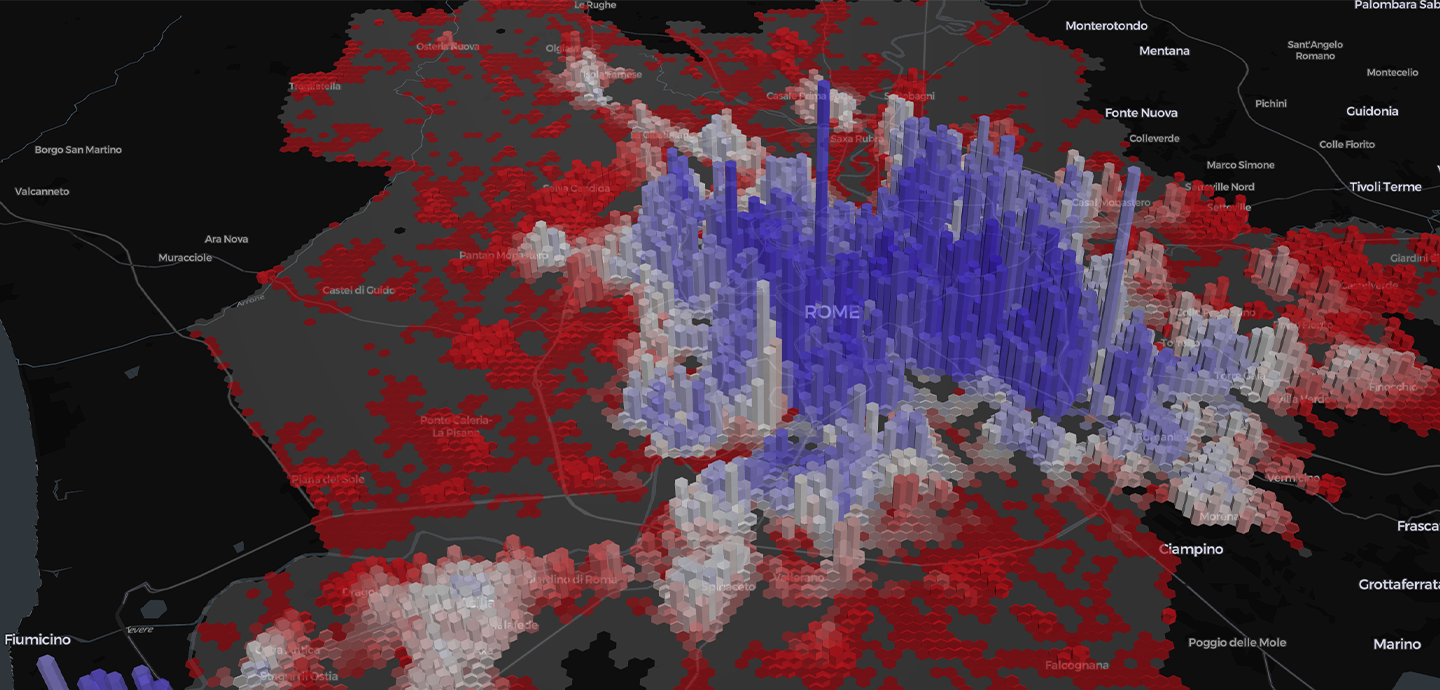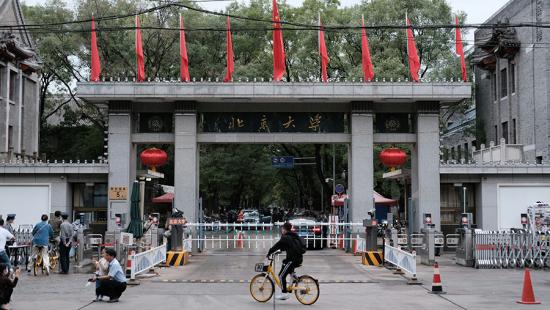Matteo Bruno: Quantifying Proximity and Distant Opportunities to Design Accessible Cities

image / provided
Cornell in Rome Spring 2025 Lecture Series
Abstract
As we strive for more inclusive and sustainable cities, we must explore models that enhance accessibility for all while reducing pollution. One such approach is the 15-minute city concept, which envisions urban environments where essential services are within a 15-minute walk from home. This model offers significant benefits, including reduced dependence on long commutes, increased social interaction, and an overall improvement in neighborhood and city life.
Measuring this kind of accessibility involves analyzing data on service locations and population distribution. However, proximity alone is not enough—we also need the freedom to reach distant opportunities and fully experience our cities. This raises a crucial question: how can we break our dependence on cars while maintaining mobility and connectivity? We show how to face these issues with data-based approaches.
Bio
A mathematician by training, Matteo Bruno is now a researcher in urban data science and the science of cities at the Sony Computer Science Laboratories in Rome. He obtained a Ph.D. in network science in 2021 from IMT - School for Advanced Studies in Lucca, where he studied bipartite network models and their applications to different disciplines. Since 2021, he has been an associate researcher at Sony CSL - Rome, a nonprofit Sony research laboratory in Rome, where he is one of the main researchers in the Sustainable Cities research team. He is also a lecturer in the statistics course for urbanism graduate studies at Roma Tre University. His work specializes in several areas within the science of cities, developing innovative models to promote sustainable and healthy urban environments. Through data-driven tools, he aims to empower policymakers with smarter, more informed decision-making capabilities.







